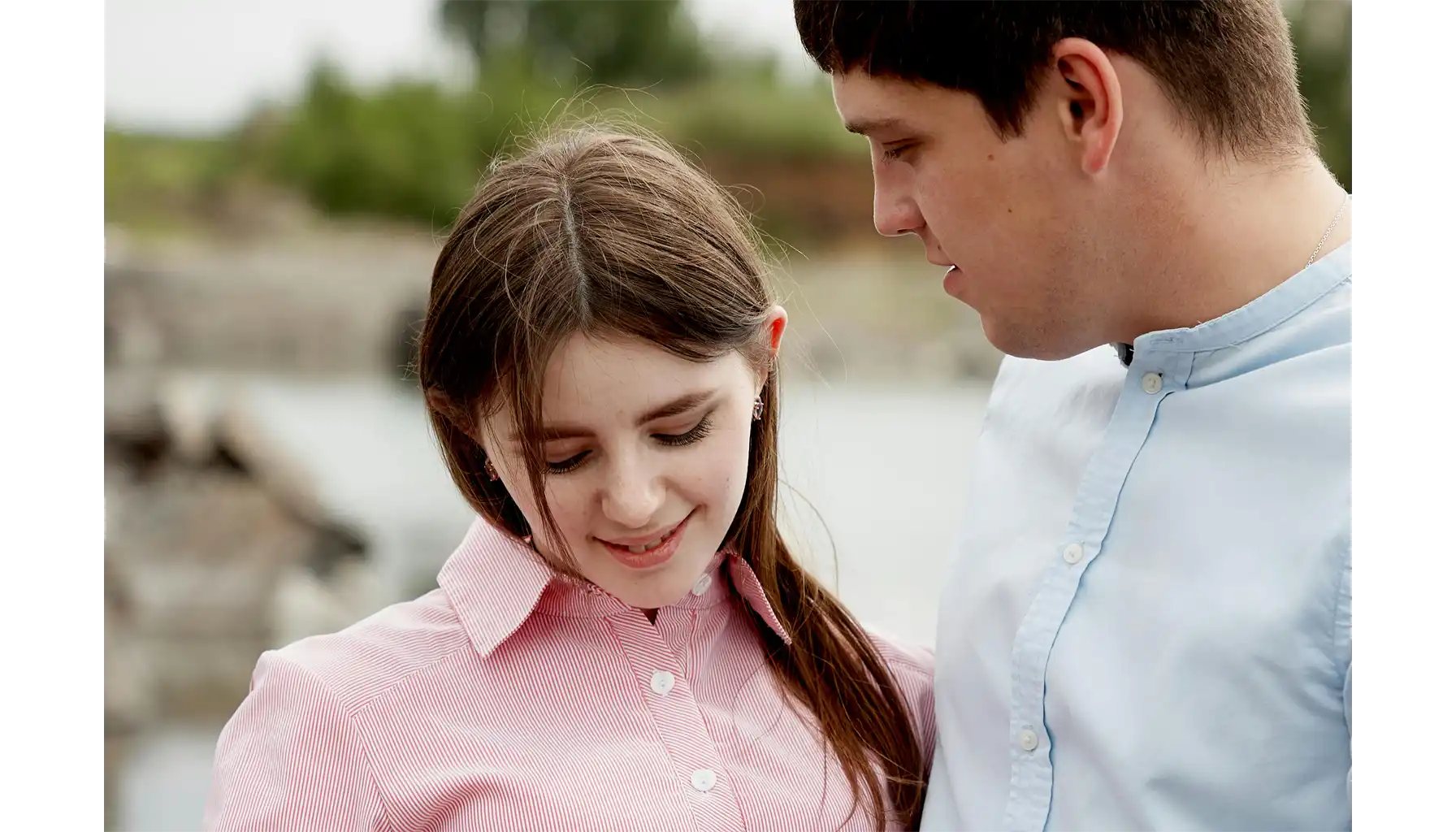Emotional Sobriety: Understanding and Building Resilience in Recovery

Contents:
Have you ever caught yourself overreacting to little things like a text, a tone, a silence and then feeling ashamed or exhausted afterward? Most of us have. And no, it is not because we are “too sensitive” or “not trying hard enough”. It is usually a sign that our inner world is louder than we think — and we haven’t yet learned how to truly listen to it.
This is where you can think about and define emotional sobriety. Unlike just simple physical self-control, emotional sobriety is about managing your inner reactions without suppressing them. What does emotional sobriety mean? Actually, it is the state where a person understands their feelings, however, doesn’t let them dictate life.
Today we offer to explore emotional sobriety meaning, how it shows up in daily life, and why knowing it is just as important as any traditional wellness habit — no matter if you are in recovery, in therapy, or just trying to improve cognitive function by creating more clarity inside your own head.

What Is Emotional Sobriety? Details to Know
Being emotionally sober isn't just about always being calm. The idea is simple: you should be able to notice, accept, and express your feelings without letting them control your decisions, mess up your relationships, or blur your personal boundaries.
Emotional sobriety definition in practice means your inner state in which you remain in touch with yourself — even when something triggers, angers, or hurts you. This does not mean denying emotions, but rather the ability to experience emotions consciously, without suppression or outbursts of aggression.
Actually, this term is associated with the emotional sobriety 12 steps program — a concept that developed as the next stage after physical recovery from addiction. But when it comes to everyday life, the definition of emotional sobriety is simple: you don't fall into the automatic reactions you are used to following.
In general, this also means that you are not dependent on other people's emotions, you do not slip into resentment or aggression, and you do not dissolve into other people's expectations. You keep your focus on yourself — with respect for others.

If you’ve ever struggled with setting healthy boundaries in relationships, being emotionally sober might be the missing piece that helps you maintain them without guilt or conflict.
Here are some examples how it looks:
Situation | Emotionally immature reactions | Emotionally sober reaction |
You are being criticized | Outbursts, defensiveness, aggression | Pause, listen, respond calmly |
A friend is not responding | Panic, agitation, resentment | Realize the feeling, let it go |
Conflict with a loved one | Manipulation, ultimatums | Honest dialogue, setting boundaries |
Internal anxiety or anger | Biting, avoiding, suppression | Realize, name, discuss with someone you trust |
Emotional Stages of Sobriety: Why It’s Never Linear
When discussing this topic, it is essential to remember that your development process is more important than any specific short-term result. First, we learn to recognize our emotions and not become overwhelmed by them, then we learn to cope with them without suppressing or exploding. Over time, we develop inner strength: a sense of calm that does not depend on the reactions of others.
This process is not smooth. We move in fits and starts: one step forward, two steps back. And that is okay. That's why the stages of sobriety can look different, but usually include:
Awareness — noticing our feelings without running away or blaming ourselves;
Acceptance — allowing emotions to be, even if they are unpleasant;
Detachment — we understand that we are more than our reactions;
Pause — there is a moment between emotion and action;
Choice — we consciously decide how we want to respond;
Flexibility — we let go of old roles and automatic responses;
Integrity — feelings, thoughts, and actions no longer conflict.
Noticing and naming these emotional patterns is one of the first steps to build a growth mindset for emotional recovery, and in this case challenges can become opportunities instead of triggers.

12 Essential Insights for Emotional Sobriety: Getting Your Recovery Unstuck
When we go through emotional stages, it is not always clear where we are. Sometimes it seems that everything is fine, but inside we feel tension, fatigue, or a sense of inner confusion. At such moments, it is especially helpful to check in with yourself and ask yourself a few questions. Use our emotional sobriety checklist below to better understand your feelings and see where to go next:
Another good news is that you can also rely on specific practical tools in addition to theory.

Emotional Sobriety in Recovery: Tools and Ways that Help
Being emotionally sober isn't just about understanding, but also about practicing regularly. Without specific tools, everything seems easy, but only in theory. When it comes to practice, you can rely on the following ways to stay grounded in tough moments:
Tool to try | How it helps | When it is especially useful |
Writing practices and emotional sobriety worksheets | Helps to “unpack” emotions, track triggers, and structure inner feelings. | When your head is a mess and it is difficult to understand what you are feeling |
Emotional sobriety meetings (e.g., ACA, Al-Anon) | Provides acceptance, support, and a “mirror” through the stories of others. | When you feel alone on this path |
Emotional sobriety coaching and therapy | A mentor helps you move forward, while a therapist helps you work through the past. | When you need clarification, not just to “let off steam” |
Mindful eating | Helps restore connection with the body and recognize emotions without compensating with food | When there is a conflict between emotional sobriety and food, or a habit of “eating away” stress. Actually, improving your relationship with food also includes understanding of the impact of your diet to cognitive function and brain clarity. |
Another useful addition to your toolbox can be Mind Elevate app — a cognitive training app that offers short, engaging games designed to improve focus, mental clarity, and emotional regulation. You can also use it regularly to create more space between emotion and reactions, i.e. something essential in practicing emotional sobriety.
Language of the Heart Emotional Sobriety: How to Speak about Your Feelings Honestly
One thing is to recognize emotions. Another is to talk about them in a way that gets you heard: directly, but not offensively; honestly, but safely. Without accusations, manipulation, or posturing.
To start you can:
Use “I-statements”: “I'm upset” instead of “You ruined everything”.
Rely on facts, not guesses and conclusions. Try to talk about feelings, not other people's judgments and remember: the goal is to be understood, not to “put someone in their place”.
This way of thinking helps build relationships, not break them. And, honestly, it is another skill you can learn.
Practicing emotional honesty can also improve how you handle conflict in relationships — especially when tension rises and the urge to defend or shut down takes over.

The Next Frontier Emotional Sobriety
Well, this state is not about perfection but more about inner stability: the ability to stay present and choose how to respond. The path may be uneven, but every conscious step makes you freer. So, all you can try is to start small and keep moving forward.





